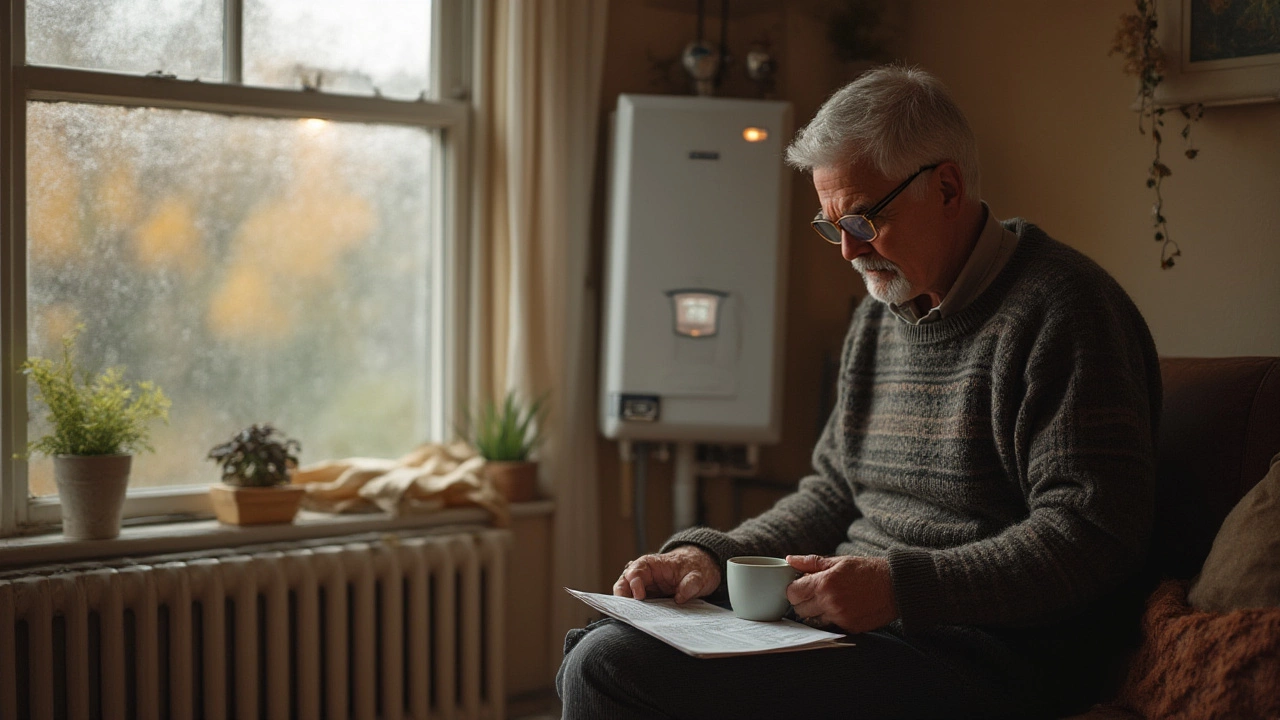How Long Do Boilers Last? What Affects Their Lifespan and When to Replace
If you’ve ever wondered whether your boiler is getting old, you’re not alone. Most homeowners ask, “how long do boilers last?” The short answer is 10‑15 years on average, but many factors can push that number up or down.
First, the type of boiler matters. A modern combi boiler built with stainless steel components often outlives an older system with a cast‑iron heat exchanger. Installation quality also plays a huge role – a sloppy fit can cause leaks that shorten the life of the whole unit.
Key Factors That Influence Boiler Life
Maintenance schedule. Regular servicing (once a year) catches small issues before they become big, costly problems. Skipping service means scale build‑up, worn seals, and worn‑out pumps that can shave years off the lifespan.
Water quality. Hard water deposits inside the heat exchanger reduce efficiency and cause corrosion. Installing a water softener can add several years to your boiler’s life.
Usage patterns. A boiler that runs constantly in a large house will wear faster than one that only heats a small flat a few hours a day. Turning down the thermostat a few degrees when you’re out can reduce wear.
Installation and sizing. An oversized boiler cycles on and off more often, leading to extra stress on components. A correctly sized unit runs longer cycles and lasts longer.
Warning Signs Your Boiler Is Near the End
Even with good care, a boiler will eventually show age. Look out for these red flags:
- Strange noises – rattling, banging, or whistling indicate loose parts or pressure problems.
- Frequent breakdowns – needing a call‑out every few months signals deeper wear.
- Rising energy bills – an old boiler loses efficiency and makes your heating cost more.
- Water leaks around the base or connections – seals and gaskets dry out over time.
- Visible rust or corrosion on pipes.
If you notice two or more of these issues, it’s time to get a professional opinion. A qualified technician can run a pressure test and check the heat exchanger for cracks.
When the repair cost hits 50‑60% of a new boiler’s price, replacement is usually smarter. New models are more efficient, often qualifying for government rebates that can offset purchase costs.
So, how long do boilers last? Expect around 12 years if you keep up with service, use soft water, and avoid over‑working the unit. Push those factors in your favor, and you could see 15‑20 years before replacement becomes inevitable.
Bottom line: regular maintenance, good water quality, and proper sizing are your best bets for squeezing maximum life out of a boiler. When the warning signs appear, act fast – a timely replacement saves money, comfort, and the hassle of a cold shower.
1 August 2025
·
0 Comments
Wondering how many years a boiler is good for? Dive into signs, real-life lifespan stats, and smart maintenance tips for longer-lasting heat.
Read more


